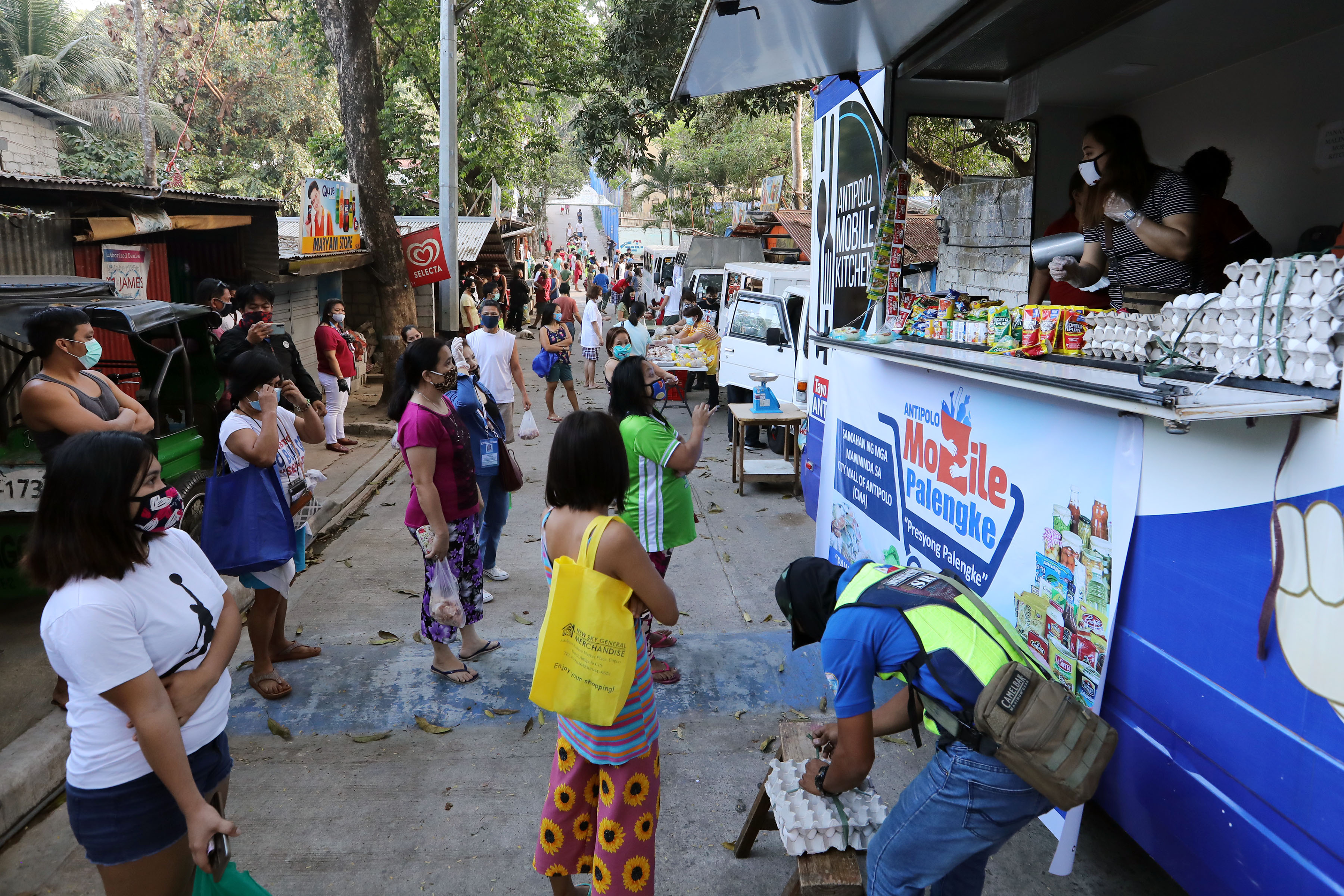
MANILA – A local executive has lauded the national government’s decision to extend a PHP5,000 to PHP8,000 cash aid to almost 80 percent of people affected by the enhanced community quarantine, saying this lessens logistics issues in distributing the support.
The support, amounting to about PHP200 billion to date, is part of the realigned budget for this year as mandated by the Bayanihan to Heal as One Act for the purpose of addressing the impact of the coronavirus disease 2019 (Covid-19) pandemic.
Quirino Province Governor Dakila Carlo Cua, also the current president of the Union of Local Authorities of the Philippines (ULAP), said distribution of this financial support is easier to dispense than in-kind aid because it takes lesser time to prepare.
He said beneficiaries can just withdraw the financial aid from their automated teller machine (ATM) cards for those who are already covered by the government’s conditional cash transfer (CCT) program, or through other means of money remittance platform that will be determined by the government.
“Just draw out when you need and when you can,” he told the Philippine News Agency in a phone interview Wednesday night.
In line with the government’s financial support program for people whose livelihoods were affected by community quarantine, the Bangko Sentral ng Pilipinas (BSP) has eased financial institutions’ know-your-customers (KYC) rules for those who have no available valid IDs or transactional account with any financial institution.
With the cash to be given to the beneficiaries, Cua said they will have the leeway to buy what they need and not rely solely on in-kind support from the government.
He said this is what the local government units (LGUs) need to prepare for –to ensure the availability of goods that the people can purchase.
Cua said he has personally witnessed local executives “giving their all to serve the community” but most cannot fully accomplish the task because it is “daunting given the magnitude of the situation”.
“But no LGU is complaining,” he said, adding “it is inspiring how LGUs stretch their resources and manpower to serve people at this difficult time.”
He said although there may be some poor families still not being reached by the food packs, “we are definitely trying our best to serve them as soon as possible”.
Cua also cited that LGUs also face difficulty in sourcing canned goods and rice because they are procuring these all at the same time.
“Di pa po natatapos magiling ang bigas ng NFA ay naka-reserve na po ng LGU, pero kulang pa rin po. Sana po makatulong ang DA by allowing rice importers to support the LGUs at this time of need (The NFA (National Food Authority) rice is not yet milled but these have been reserved already by the LGUs, and the supply is still not enough. I hope the DA (Department of Agriculture) can help us with this by allowing rice importers to support LGUs at this time of need),” he added.
Cua said LGUs are confined to procure rice from the NFA and the only time they are allowed to purchase from the private sector is when NFA does not have rice stocks anymore.
He said rice-producing provinces have allocations for NFA to cater to the requirements of Metro Manila thus, even if these provinces have enough supply, they have to wait until all the rice has been milled resulting in a bottleneck.
He added the price of rice from the private sector is about 40 percent higher than those from NFA.